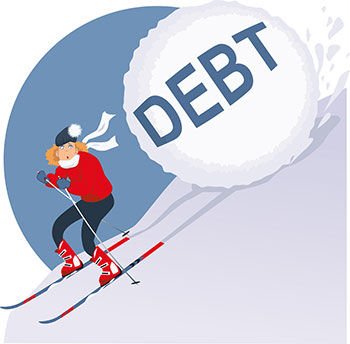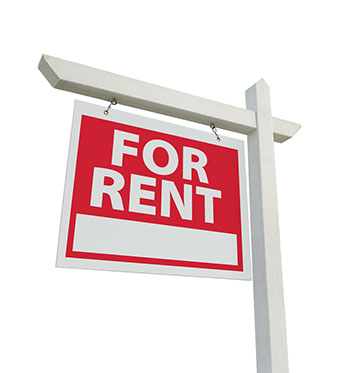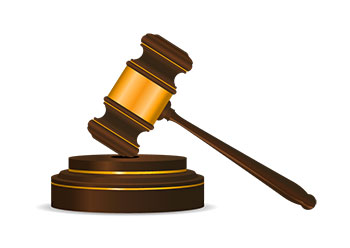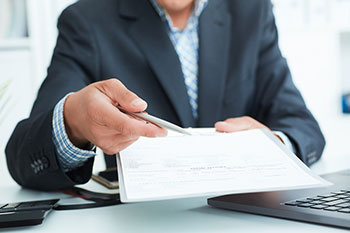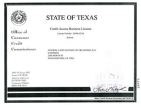
Between daily living expenses and piles of bills, you might feel like your paycheck disappears before your eyes - so why is saving money important? Saving money gives you the freedom to live your life the way you want. Whether you want to upgrade your house or start a new business, you have the power to take control when your financial situation is in good standing. And no matter your current situation, you can learn how to save money strategically to ensure a brighter future. Even a few dollars here and there can really add up over time, and these funds can come in handy when you're strapped for cash. Let's dive into the importance of saving money.
Benefits of Saving
One of the main benefits of saving money is the peace of mind that it brings. A rainy day fund provides protection against life's unexpected obstacles. You can take care of smaller expenses like car troubles and home repairs before they become huge headaches, and you have the freedom to save for bigger expenses like your children's college fund or retirement. Not only will savings set you up for a better financial standing, but better quality of life as well. And saving money isn't just about practicality. While rainy day funds are important, why not start a island getaway fund or a dream car fund? When you learn how to save money, you learn how to take control of your life.
Saving StrategyMany people complain about financial stress, and when money is tight, it might be difficult to save for tomorrow when you can spend today. That's why it's important to learn how to save money in a way that works for you.

